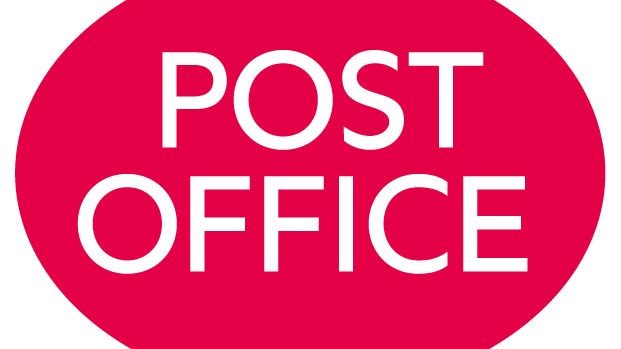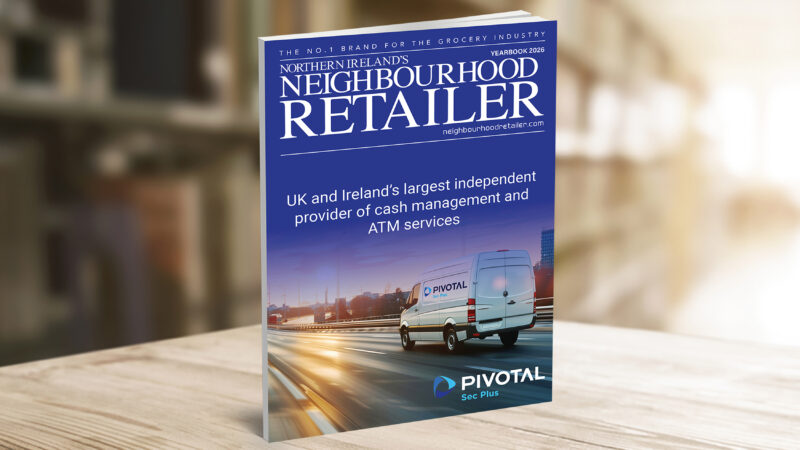Action needed to save community pharmacy

In the wake of a historic ballot, which saw the vast majority of NI pharmacists state they are willing to reduce services in protest over funding for the sector, members of the National Pharmacy Association and wider community pharmacy network met with the Health Minister.
Representatives for the NPA said they felt hopeful after the meeting but urged the Health Minister’s goodwill to be translated into something tangible for pharmacists.
The historic ballot, run by the NPA last year, saw pharmacies across the region vote overwhelmingly in favour of collective action to reduce services, and followed the shock and dismay felt in the sector at the Autumn Budget. Now, as these hikes in National Living Wage and employers’ NICs become a reality this month, the NPA has called for action to help avoid pharmacy closures and a wider impact on the primary health care sector here.
Representation Manager at the NPA in Northern Ireland, Anne McAlister told NR that the meeting came on the back of activity in the last year and the experiences of their members, who are finding the financial situation very, very tough.
“The money that is coming through our contract and is being paid by the Department of Health does not meet the drugs bill at the end of the month,” said Anne.
“More and more businesses are having to self-finance as there is not enough coming in to cover the bills – staffing, heating, lighting etc. The DoH is aware of that and of course these new rises will compound all these difficulties.”
In meeting with Health Minister, Mike Nesbitt MLA, the NPA was seeking a commitment there is some light at the end of the tunnel.

“We were seeking something – is there actual funding or some way of alleviating some of the difficulties,” said Anne.
“The Health Minister is very cognisant of the impact of these new rises and is working hard to see what can be put in place.”
Additionally, the UK Treasury is not in a position to provide funding for NICs and NLW increases, despite a recommendation that the Treasury supports primary care partners. In the meeting with the Health Minister, Anne said the NPA asked for clarity on his department’s priorities.
“These are to tackle waiting lists and cancer referrals and he is aware of the role that community pharmacy plays in those, in terms of easing burden on primary care,” added Anne.
Chair of the NPA, Nick Kaye was also present at the meeting. An independent prescriber in his community pharmacy in Cornwall, he explained to the Health Minister and those in attendance of the red flag referral route available to him.
“The equivalent commission in Cornwall is quite innovative and adaptive. Nick explained how with his red flag referral route, he has a way of getting an individual escalated into the system promptly,” said Anne.
“That has many positive impacts for the patients of course, but also in addressing the complexity of the system. The Health Minister was very interested in that.”

A new survey by the NPA found that pharmacies here are unable to dispense a prescription at least once a day due to the growing crisis in medicine supply.
Some 500 pharmacies were surveyed and 100% said they were unable to dispense a prescription at least once per day because of supply problems, and 95% of pharmacies reported that patients had come to their pharmacy at least once a day to get medicines that they had failed to obtain elsewhere due to supply problems.
Meanwhile, 96% of pharmacies in NI were unable to dispense a prescription at least once a day despite having a safe alternative formulation in stock. This is due to current legislation preventing pharmacists from making substitutions or even a change in strength if a medicine is not available.
Presently, if a medicine is unavailable in a pharmacy, the pharmacist is not permitted to make a substitution even if they have a safe alternative in stock, except in very limited circumstances where a Serious Shortage Protocol has been issued by the NHS.
The NPA is warning the current situation poses a risk to patient safety, with patients potentially going without vital medication, presenting a serious risk to their health.
READ THE FULL FEATURE WITH ANNE MCALISTER IN THE APRIL ISSUE OF NEIGHBOURHOOD RETAILER HERE






